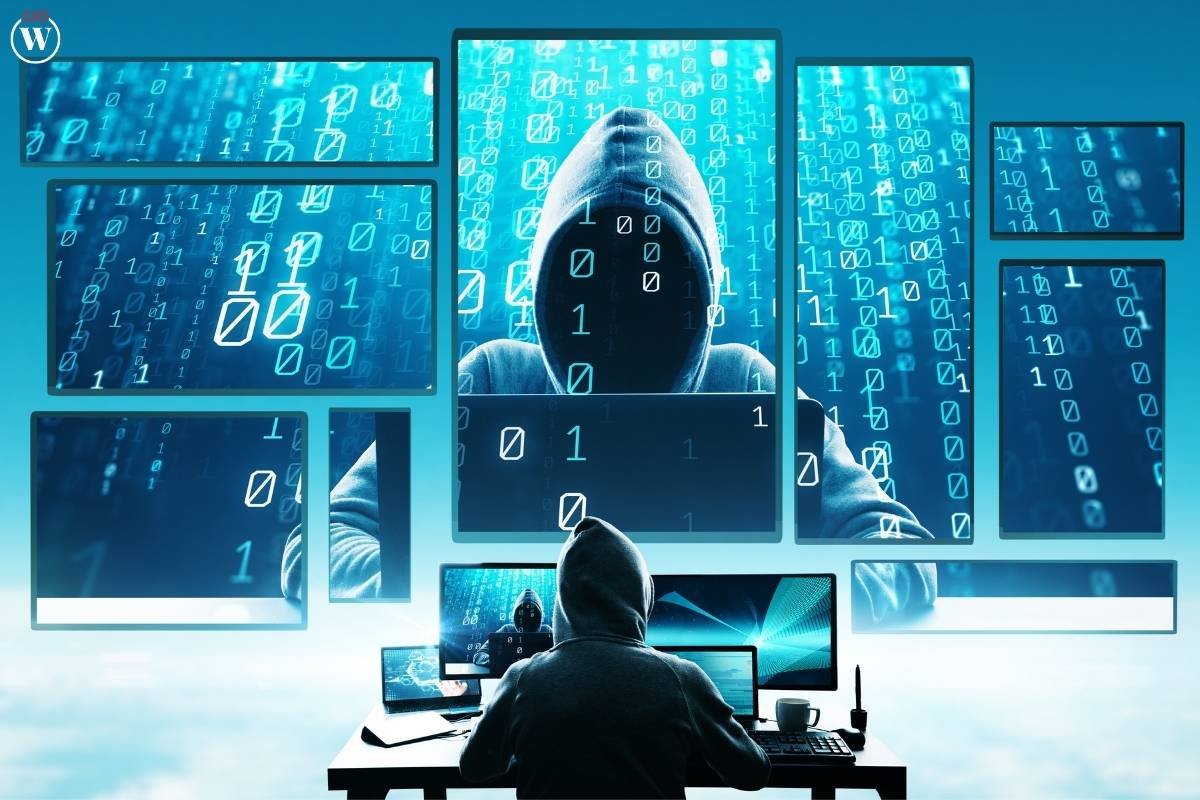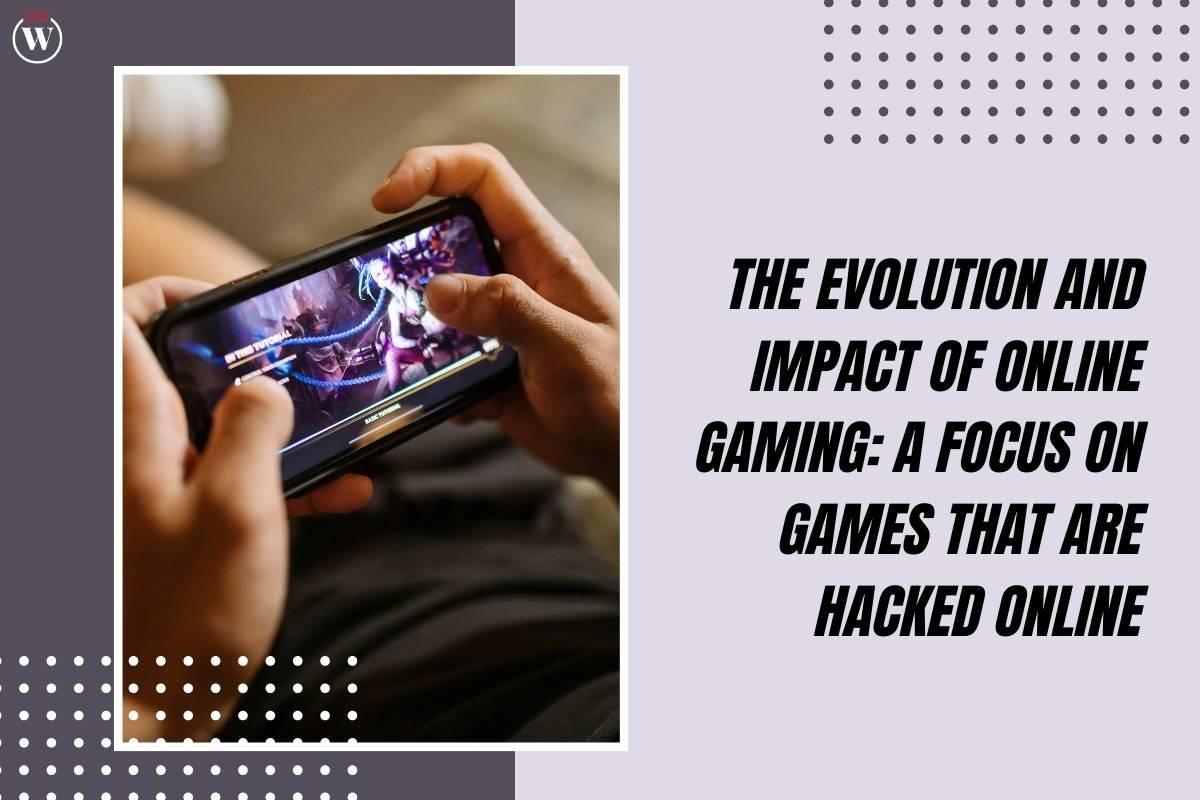The world of online gaming has undergone a significant transformation over the past few decades. From the early days of simple text-based games to the highly immersive and graphically advanced titles we see today, the gaming industry has continually pushed the boundaries of technology and creativity. However, along with these advancements, there has been a parallel evolution of malicious activities, particularly focusing on games that are hacked online. This phenomenon has become a major concern for gamers, developers, and cybersecurity experts alike.
The Rise of Online Gaming
Online gaming began as a niche hobby but has since exploded into a global industry worth billions of dollars. The advent of high-speed internet, powerful gaming consoles, and sophisticated personal computers has made it possible for gamers to connect and compete with others worldwide. Games like “World of Warcraft,” “Fortnite,” and “League of Legends” have millions of active players, creating vast, interconnected communities.
The allure of online gaming lies in its competitive nature, the sense of community, and the continuous evolution of game content. Developers frequently update their games with new features, challenges, and events, keeping players engaged and invested. However, this constant connectivity and the competitive environment also make online games prime targets for hackers.
Understanding Game Hacking
Hacking in the context of online gaming refers to unauthorized modifications or intrusions into game software and systems. Hackers exploit vulnerabilities to gain unfair advantages, disrupt gameplay, or steal personal information. The term “games that are hacked online” encompasses a wide range of activities, including:

1. Cheating:
Using software or techniques to gain unfair advantages, such as aimbots in shooters or speed hacks in racing games.
2. Account Theft:
Stealing player accounts to sell valuable in-game items or currencies.
3. Data Breaches:
Accessing and stealing personal information from gaming companies and players.
4. Disruption:
Launching Distributed Denial of Service (DDoS) attacks to overwhelm game servers and disrupt service.
The Prevalence of Game Hacking
The prevalence of games that are hacked online is staggering. According to various reports, nearly every popular online game has experienced some form of hacking. For instance, “Fortnite,” one of the most popular battle royale games, has faced numerous instances of aim botting and account theft. Similarly, “League of Legends” has been plagued by scripts and bots that give players unfair advantages.

One reason for the high prevalence of game hacking is the potential financial gain. Many online games feature in-game purchases and virtual economies where rare items and currencies can be worth real money. Hackers can sell stolen accounts, in-game items, or even hacking tools themselves on black markets, making game hacking a lucrative endeavor.
The Impact on Players
The impact of games that are hacked online on players can be profound. For honest gamers, encountering cheaters can be incredibly frustrating and demoralizing. It undermines the fairness of the game, making it difficult to enjoy the competitive aspect that many players seek. Additionally, when accounts are stolen, players may lose years of progress, rare items, and significant amounts of money invested in their accounts.
Moreover, the theft of personal information through game hacking can have serious consequences. Hackers can use this data for identity theft, financial fraud, and other malicious activities. The emotional and financial toll on victims can be severe, with long-lasting repercussions.
The Impact on Developers
For game developers, the presence of hacking in their games represents a significant challenge. Not only does it affect player satisfaction and retention, but it also damages the reputation of the game and the company. Developers must invest considerable resources into anti-cheat systems, security measures, and customer support to combat hacking.
Furthermore, games that are hacked online can lead to financial losses for developers. When players lose interest due to rampant cheating or account theft, revenue from in-game purchases and subscriptions can decline. Additionally, addressing the aftermath of hacks, such as compensating players and securing systems, can be costly.
Measures to Combat Game Hacking
The battle against games that are hacked online is ongoing, with developers and cybersecurity experts continually seeking new ways to protect their games and players. Some of the common measures include:

- Anti-Cheat Software: Implementing sophisticated software that detects and prevents cheating in real time. Examples include Valve’s Anti-Cheat (VAC) system and Riot Games’ Vanguard.
- Encryption: Using strong encryption methods to protect data transmitted between players and game servers, making it harder for hackers to intercept and manipulate information.
- Two-Factor Authentication (2FA): Encouraging or requiring players to use 2FA to secure their accounts, adding an extra layer of protection against account theft.
- Regular Updates and Patches: Frequently updating game software to fix vulnerabilities and prevent exploitation by hackers.
- Player Reporting Systems: Allowing players to report suspected cheaters, which helps developers identify and ban offenders.
- Education and Awareness: Educating players about the risks of hacking, how to secure their accounts, and encouraging responsible gaming behavior.
Case Studies
To better understand the impact and response to games that are hacked online, let’s examine a few case studies of popular games that have faced significant hacking issues.
1. Fortnite
“Fortnite” by Epic Games has been one of the most popular games in recent years. However, its popularity has also made it a prime target for hackers. The game has experienced numerous instances of cheating, particularly aimbotting and wallhacks, where players use software to gain perfect aim or see through walls.
Epic Games has responded with a robust anti-cheat system and regular updates to address vulnerabilities. They also actively pursue legal action against creators and distributors of cheating software. Despite these efforts, cheating remains a persistent issue, illustrating the ongoing battle between developers and hackers.
2. League of Legends
Riot Games’ “League of Legends” has a massive player base and a competitive scene with professional tournaments. The game has faced issues with scripting, where players use automated scripts to perform actions faster than humanly possible, giving them an unfair advantage.
Riot Games has invested heavily in anti-cheat technology, including their proprietary system, Vanguard. They also rely on player reports and have a dedicated team to investigate and ban cheaters. The company has made significant progress, but the continuous evolution of hacks requires constant vigilance.
3. Counter-Strike: Global Offensive
“Counter-Strike: Global Offensive” (CS) by Valve is another game that has struggled with cheating. Aimbots, wallhacks, and spinbots (cheaters who spin rapidly to avoid being targeted) have been common problems. Valve’s Anti-Cheat (VAC) system is designed to detect and ban cheaters, but the prevalence of hacks has led to a negative impact on the game’s community.
Valve has implemented measures like Prime Matchmaking, which requires players to link their accounts to a phone number to reduce the likelihood of encountering cheaters. While these steps have helped, the fight against hackers in CS continues.
The Future of Online Gaming and Hacking
As technology advances, both games that are hacked online and the measures to combat them will continue to evolve. Developers are increasingly leveraging artificial intelligence and machine learning to detect and prevent cheating. These technologies can analyze vast amounts of data to identify patterns and behaviors indicative of hacking, allowing for more effective and efficient anti-cheat systems.
Additionally, the gaming industry is becoming more collaborative in its approach to combating hacking. Developers, cybersecurity experts, and players are working together to share information and strategies to protect the integrity of online games. Initiatives like the Fair Play Alliance, which promotes healthy and fair gaming environments, are steps in the right direction.
Furthermore, regulatory bodies and governments may become more involved in addressing the issue of games that are hacked online. As the financial stakes in gaming increase, so too does the need for legal frameworks and international cooperation to combat hacking and cybercrime.
Conclusion
Online gaming, including games that are hacked online, is exciting and dynamic, offering endless entertainment and social interaction. However, the prevalence of hacked games presents challenges for players and developers alike, impacting enjoyment, security, and finances. Efforts to combat hacking through technology, collaboration, and awareness are ongoing, aiming for a secure and fair gaming environment. As the industry expands, so does the commitment to safeguarding online game integrity, ensuring players can enjoy their favorites without fear of hacking.









